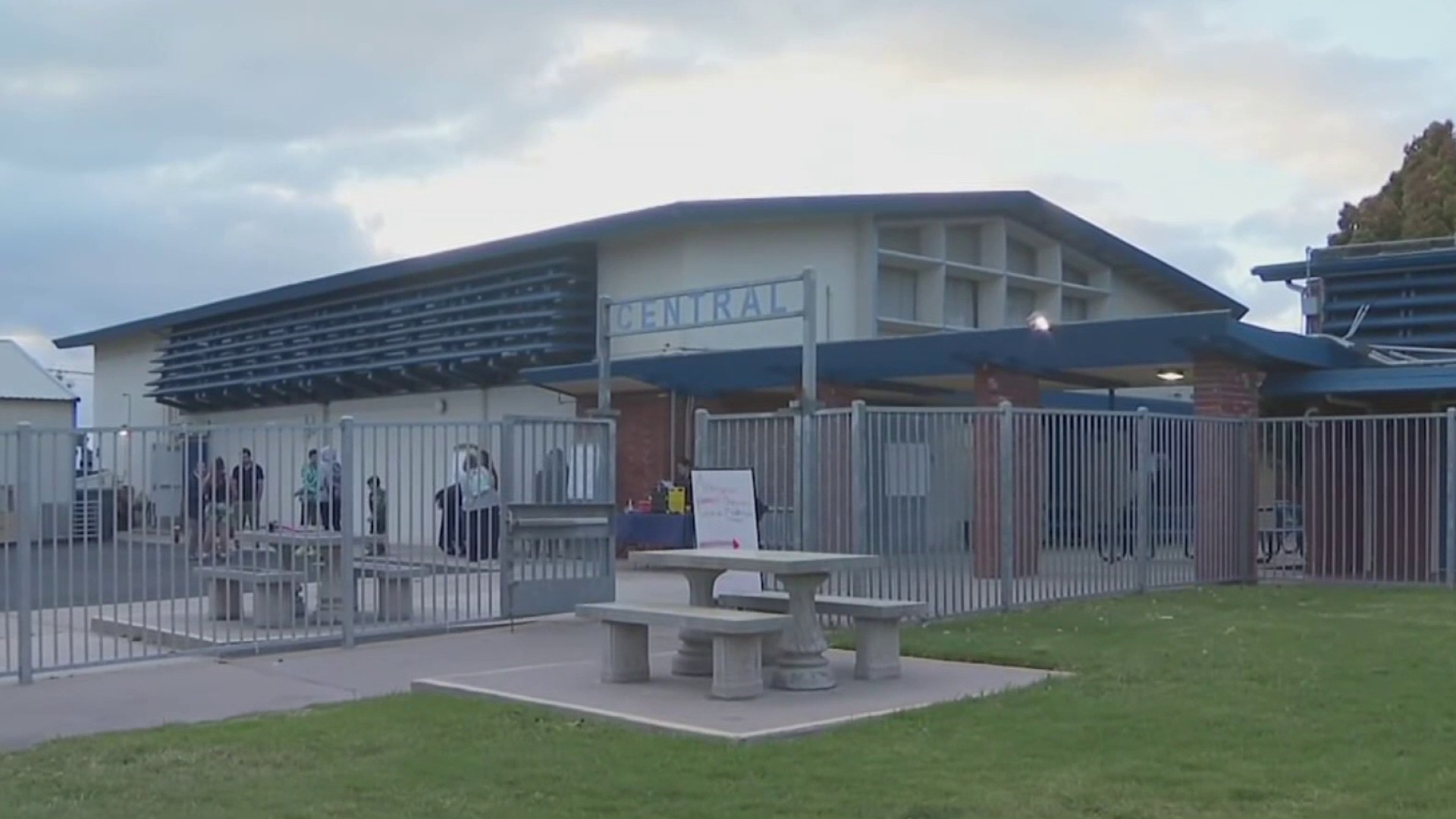When a child transitions into adulthood, making sure they have a safe place to live is a priority. However, reports say as many as a third of young adults aging out of California’s foster care system experience homelessness. A new law is hoping to improve those statistics.
It’s an issue that hits close to home for Sarah Pauter. Pauter entered San Diego County’s foster care system when she was just 18 months old. She said her parents were addicted to drugs and she spent her entire childhood separated from her siblings and bouncing from foster families to group homes and failed reunifications with her parents. She emancipated after graduating from high school when she was 18-years-old.
Throughout her turbulent childhood, Pauter’s education kept her focused. She described her transition into adulthood as a whirlwind and said she wasn’t entirely prepared for the independence that followed.
"I sort of remember my exit from foster care as me graduating high school, walking across that stage, shaking the Board of Supervisors’ hands, being given $500 for graduating high school and being told, 'Good luck.'"
Get San Diego local news, weather forecasts, sports and lifestyle stories to your inbox. Sign up for NBC San Diego newsletters.
Pauter was on her own. She had a college scholarship to San Diego State University waiting but her student benefits wouldn’t kick in right away, leaving her homeless.
"So while I was this very motivated and driven young woman with a full scholarship to college, I had nowhere to live," she said.
Pauter relied on friends and moved multiple times that summer, wherever a couch was available. She doesn’t recall anyone discussing a plan for where she would live or anyone suggesting she start applying for temporary housing.
Local
Pauter said she was able to get on a waitlist for state-sponsored housing that had space available, but she said the housing required residents to complete an orientation that wasn’t regularly offered.
“So I had to stay on this waitlist for a program that had availability and in the meantime, I'm sleeping on my best friend's couch, but I couldn't get into it [the housing] until I completed this mandatory orientation that they weren't offering for a month or two," she said.
Ed Howard, Senior Counsel for The Children’s Advocacy Institute at University of San Diego’s School of Law said hundreds of young adults who age out of foster care in California end up homeless every year, leaving them vulnerable to things like sexual abuse, exploitation, violence, illness and joblessness.
"Hundreds of kids of about the 4,000 or so who age out of the foster system every year after their last hearing are given a hefty bag to put their stuff in, driven to a homeless shelter and are told to fend for themselves,” he said.
Howard explained that’s because there has been no legal requirement to make sure young adults leaving foster care have a housing plan.
"There was nothing in state law that required a judge to be forthrightly informed about whether or not the foster kid was going to have a safe place to sleep the next day or the day after,” Howard said.
But on Jan. 2, 2022 the law is changing. The Children’s Advocacy Institute co-sponsored AB-546, new legislation by Assemblyman Brian Maienschein (D-77) will require counties to report a foster youth’s housing plan to a judge before they exit the system. The bill was signed into law by Governor Gavin Newsom unopposed.
In a statement, Sarah Sweeney, a spokesperson for San Diego County’s Health and Human Services Agency said, “San Diego’s Child Welfare Services (CWS) actively engages youth prior to exiting the child welfare system to provide supportive services including housing, employment, educational/vocational services and financial assistance. In addition, the supportive services provided include case management, monthly in-person visits, development of specific case plans and referrals to community-based organizations for hands-on workshops and trainings.”
The new law doesn’t require housing to be provided, but advocates like Pauter who went on to start her own non-profit, Phenomenal Families, are hopeful increased accountability will reduce the number of young adults who end up on the streets. “Because now we're going to have a judge who is able to look and see very clearly what this young person's plan is for housing," Pauter said.
Helping prevent homelessness among this vulnerable group of young adults is essential to Pauter, and she said had this law been in place when she emancipated from the system she likely wouldn’t have experienced a months-long gap in housing.
“I probably would have been able to complete that orientation for that housing program while I was still in foster care and I would have been in an apartment and ready and on my feet when school started," she said.



